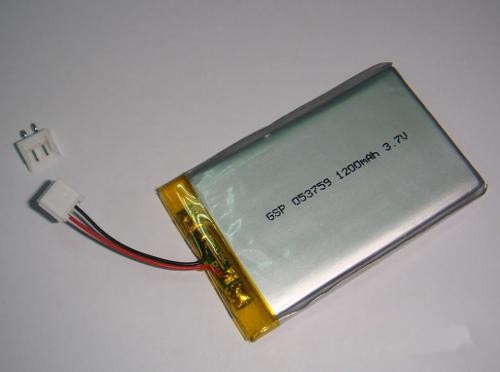A few years ago, the cost of lithium batteries is 5 to 10 times to the lead acid battery. Now, the cost of the premium is only 1.5 to 3 times to the lead acid battery. After Schneider electric total cost of ownership of TCO analysis, if the use of life for 10 years, the cost of the use of lithium batteries will save about 10%.
Another reason to limit the application of lithium batteries in the data center industry is security issues.
The data center industry, can maximize the use of existing space, reduce operating costs, especially the UPS power supply cooling energy consumption, battery maintenance and battery replacement service fee is particularly important. The lithium battery is the key to solve these problems because of its excellent performance.
Lithium battery compared with the traditional lead-acid battery, has obvious advantages:
Smaller size: compared with lead-acid batteries, in the case of providing the same power, the space is only 1/3 of the latter. To help customers increase the size of the existing IT system deployment, while reducing the cooling demand, saving investment costs and operating costs;
Not sensitive to temperature fluctuations: so that customers can reduce the cooling demand, reduce the use of UPS power space;
Long life: the average working life of 10 to 15 years, and the lead acid battery can only last 4 to 6 years, longer shelf life effectively reduces the cost of battery replacement and maintenance burden.
The battery management system (BMS) management: required by the microprocessor, sensor, switch and circuit to automatically collect and report data, to understand the health status of the battery system, further reducing the burden of maintenance staff. The data includes battery temperature, charge and charge rates to prevent short circuit and over charging. The system also helps to protect the battery from damage, to prevent the voltage is too low or discharge. The BMS system provides users with accurate information about UPS and battery status, health status and effective running time.


